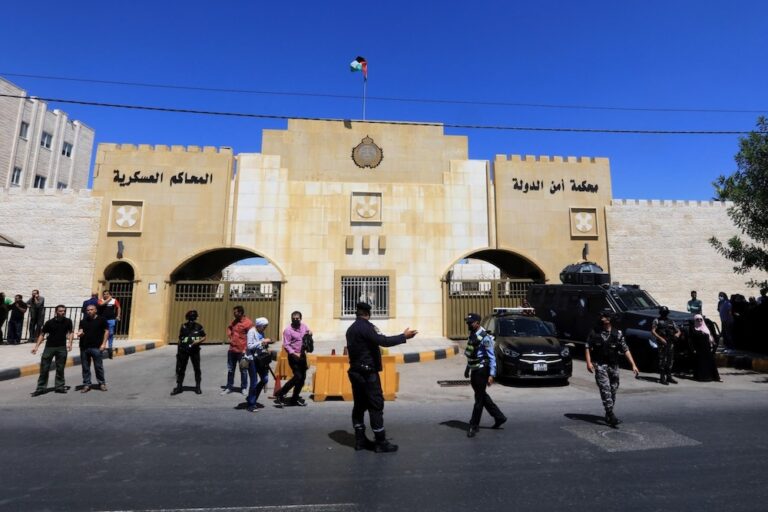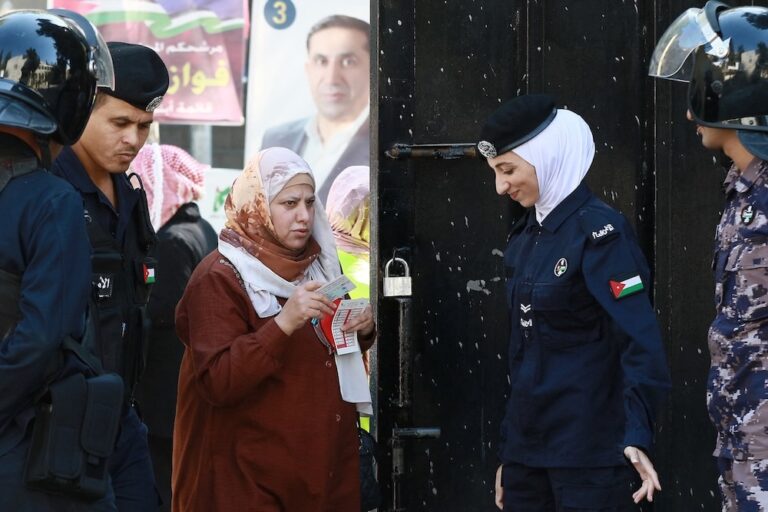The Jordanian government approved a bill that would radically change the existing media legislation and drastically restrict freedom of information.
(RSF/IFEX) – 30 August 2012 – Reporters Without Borders is very worried by the Jordanian government’s approval of a bill that would radically change the existing media legislation and drastically restrict freedom of information. Parliament was due to begin considering the bill on 2 September.
“We are disturbed by the decline in freedom of information in Jordan and, in particular, the government’s proposed changes to the press and broadcasting code. Politicians should not interfere in journalists’ work. Media independence is one of the foundations of freedom of information. We call on parliament to reject this repressive bill.
“The new provisions are like a sword poised over the head of every journalist. They show that the authorities are determined to bring journalists and their news media to heel, so that dissident views get as little exposure as possible.”
The bill would make the 1998 press and publications code much tougher, especially articles 38, 42, 48 and 49. Under the amended articles, the officials in charge of enforcing them would have more authority to restrict the freedom of expression of media that are deemed to have acted outside the law.
Paragraphs 1 and 2 of article 42 envisage the creation of a new specialized court, based in Amman, that would just handle cases involving the press and publications and would probably pose a serious threat to freedom of information. The press offences it could try include crimes “against internal and external security.” The failure to define such crimes precisely opens the way to judicial abuses.
Under article 48, which restricts the press and publications department’s criteria for issuing licences, media without a licence would have to suspend their activities. Broadcast media would have to stop broadcasting and newspaper issues would be seized. Media that contravened these provisions could also be fined up to 5,000 dinars (5,600 euros).
These and other articles define a “journalist” in an unacceptable manner, restricting access to the profession and forcing journalists to join a union. Journalists should be free to decide whether or not they join a journalists’ association. They should also be free to choose which union they join.
The bill also targets the Internet. Paragraphs 3, 4 and 5 of article 49, would hold news websites responsible for the comments posted underneath reports or other forms of content, and would require that comments be vetted before they are posted. The sites would also have to store all the comments in a database for at least six months.
This article puts the bill clearly at odds with international standards of media freedom and freedom of information, including article 19 of the International Covenant on Civil and Political Rights, which covers freedom of opinion and expression.
Paragraph 7 of article 49 gives the head of the state broadcasting commission the power to censor and ban any news website based abroad that does not respect the laws applicable to Jordan’s media. Article 49 also gives him the power to prosecute local news websites that contravene this law.


